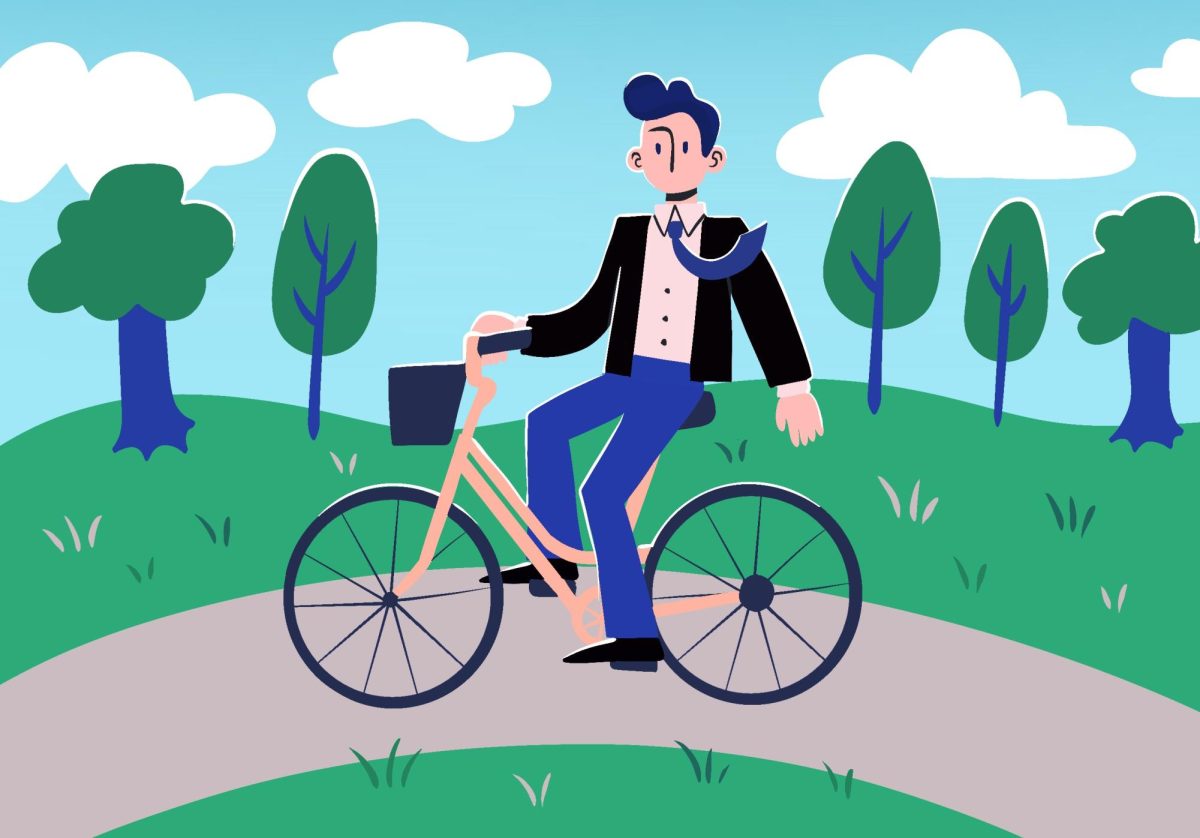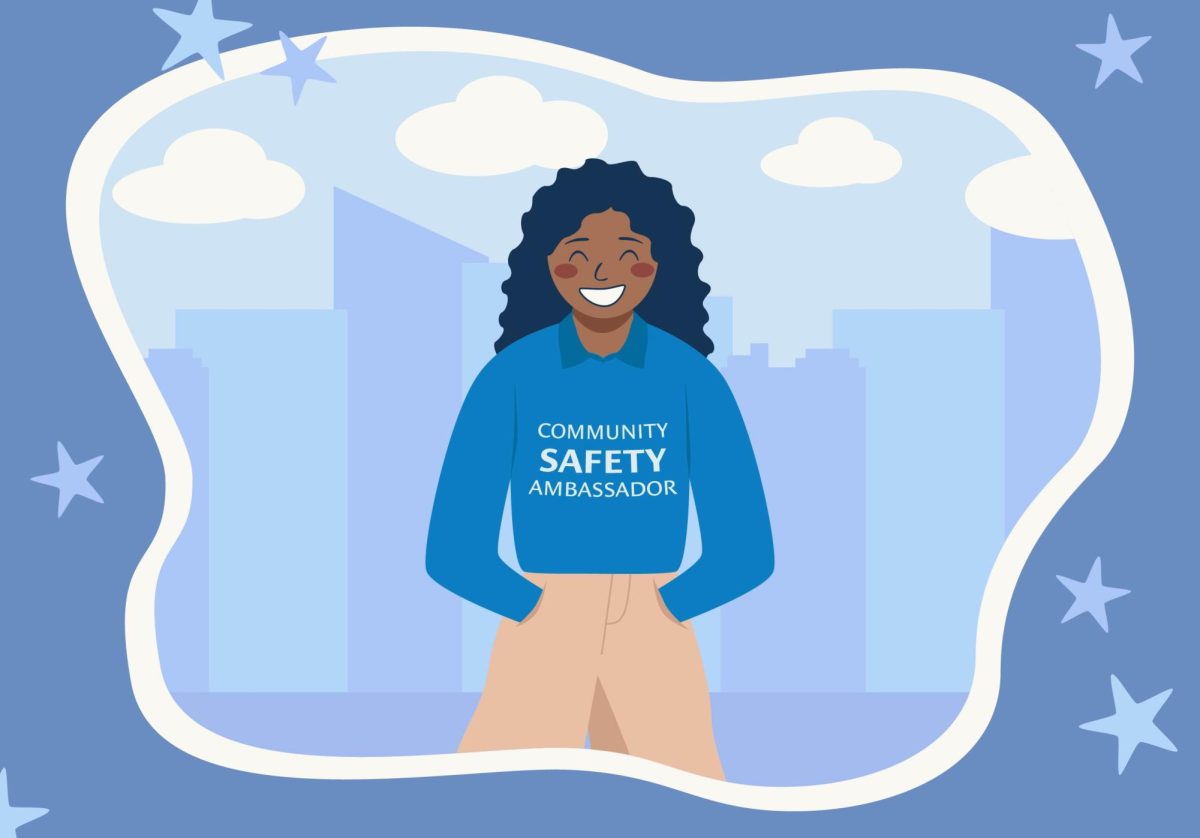Minneapolis ranked one and St. Paul two in the U.S. for best cities for work-life balance and mental health, according to a study by Coworking Cafe.
Mental health, affordability, remote work and commute time make up the total score. Mental health accounts for 40% of the ranking and is further broken down into work week hours, green spaces, recreational amenities, health insurance and local air quality.
St. Paul scored higher than Minneapolis in mental health (98 out of 100), while Minneapolis scored higher in affordability (92), remote work (83) and commute time (67).
Minnesota is a resource-rich state for mental health, Mental Health spokesperson for the Minnesota Department of Health Anna Lynn said.
“The most important thing in mental health is connection and relationships,” Lynn said.
Minneapolis Senior Public Health Specialist Kara Hirdman said living in any city can be overwhelming.
“There’s a lot going on, especially in the city of Minneapolis, like trying to understand the opioid crisis, the homelessness that’s happening,” Hirdman said. “People on the street can affect your mental health.”
Shannah Mulvihill, the executive director of Mental Health Minnesota, said access to green space is important as physical and mental health are linked.
“I think that’s something that we really take advantage of here in our state is the lakes, the green spaces, the parks, the weather,” Mulvihill said. “Even though we spend a lot of the time in cold weather, we sort of embrace it here.”
Minneapolis has a total of 180 parks with 22 lakes, 12 gardens and seven golf courses, according to the City of Minneapolis Parks and Recreation. St. Paul has 264 parks, according to Trust for Public Land.
It is not just the city, Hirdman said. She added that the University of Minnesota’s St. Paul campus offers a place with abundant access to green space locally.
Boynton Health also provides resources like Pet Away Worry and Stress (PAWS), Nutritious U Pantry, Let’s Talk and individual or group counseling, according to Jake Loeffler, a staff psychologist at University Student Counseling Services.
While the ranking assessed work-life balance in the city as a whole, Loeffler said finding a work-life balance is an individual journey. A few universal techniques for good mental health include getting enough sleep, eating well and allowing your body to relax.
“Mental health, as it relates to wellness, has a lot to do with balance because we’re multifaceted beings that have a lot of different values and priorities to our lives,” Loeffler said. “When taking care of our mental health, it requires different levels of self-care.”
Mulvihill said lots of people struggle with mental health and promoting positive mental health can happen by simply connecting with others.
Loeffler said asking someone how they are doing can make a big difference in helping make someone’s day better.
“If you can, try to make somebody else’s day a little bit better through an act of kindness,” Loeffler said. “I think that can go a long way with creating a community and a culture in which we aren’t so isolated from each other or we view mental health as something that’s on the individual level.”















Gina
Sep 12, 2024 at 5:07 pm
Go MN!!!